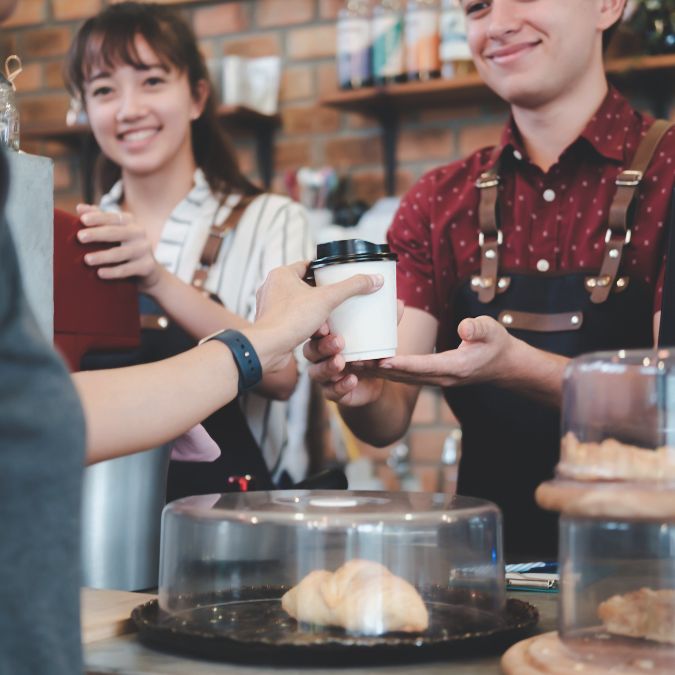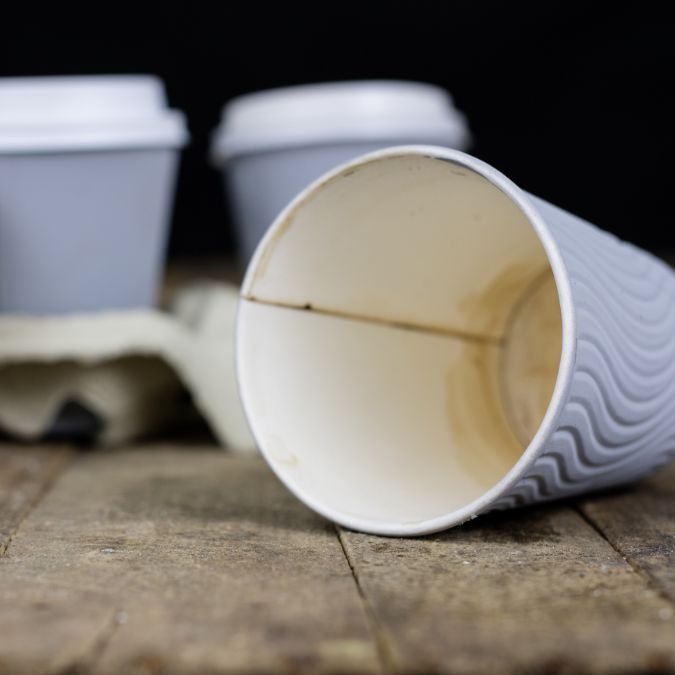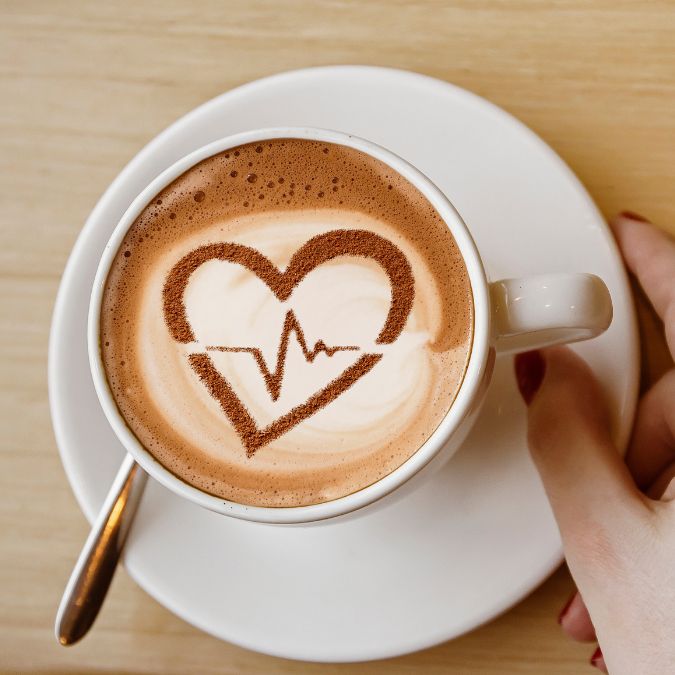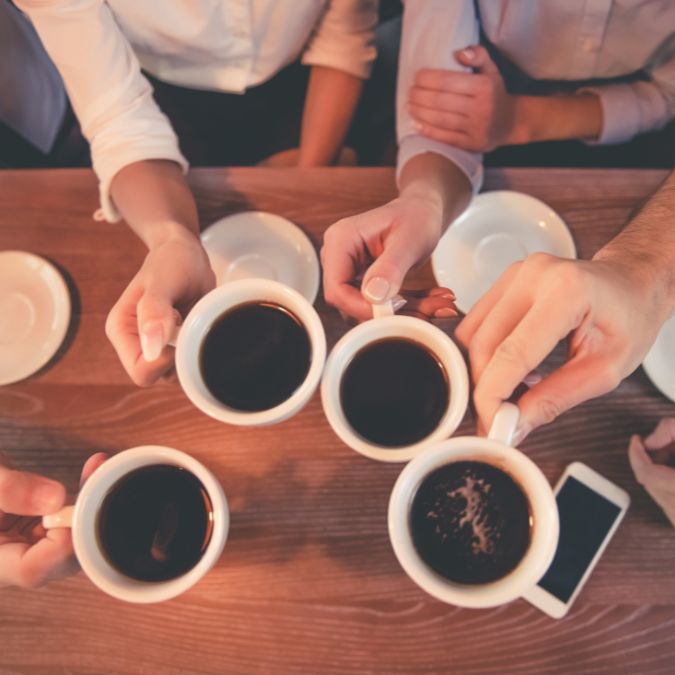Imagine waking up to a world where your morning coffee doesn’t cost a dime. Across the nation, from bustling city cafes to quiet suburban coffee shops, every cup of coffee is on the house. This fantasy scenario might seem too good to be true, but let’s explore the ripple effects if coffee suddenly became free nationwide. The implications could reshape our daily lives, the economy, and even our social habits in ways you might not expect.
1. Skyrocketing Coffee Consumption
If coffee were free, we could expect a significant surge in consumption. Coffee lovers would indulge more freely, visiting their favorite cafes multiple times a day. This increased demand could lead to longer lines at coffee shops and a bustling coffee culture throughout the day. Moreover, people who typically limit their coffee intake due to budget constraints might start enjoying more of their beloved brew.
2. Boost in Coffee Shop Visits
Coffee shops would become even more integral to daily life. As a place to grab a free cup, meet friends, or work remotely, these shops would see a substantial increase in foot traffic. This could reinforce the role of coffee shops as community hubs, fostering more social interaction and a stronger sense of community among local residents.
3. Shifts in Workplace Culture
With free coffee widely available, workplace culture might evolve. Companies might find it easier to lure employees back to the office from remote work setups with the promise of unlimited, free coffee. Given coffee’s mood-boosting benefits, this could lead to more in-person collaboration and potentially happier workplace environments.
4. Economic Impact on Local Coffee Shops
While the patronage surge sounds great, local coffee shops’ economics could be challenging. Without the revenue from coffee sales, shops would need to find creative ways to monetize their services, perhaps by selling specialty goods, hosting events, or offering subscription services for exclusive benefits.
5. Changes in Consumer Spending Habits
With the money saved on coffee, consumers might redirect their spending towards other goods and services. This could boost sectors like retail or entertainment, as individuals have more disposable income to spend. Alternatively, some might choose to save or invest the money they would typically spend on their daily caffeine fix.
6. Increased Demand for Premium Options
Even if basic coffee is free, there’s likely to be a market for premium options. Connoisseurs seeking high-quality beans or specialty brews might be willing to pay for a superior coffee experience. This segmentation could lead to a new tier of coffee offerings, catering to those who crave something a bit more exclusive than the free standard brew.
7. Environmental Concerns
The increase in coffee consumption could raise concerns about waste, particularly disposable coffee cups. This might spur more initiatives aimed at sustainability, like incentives for using reusable cups or innovations in compostable cup technology. Coffee shops might also face pressure to source beans more sustainably due to increased consumer awareness and demand.
8. Impact on Tea and Other Beverages
As coffee becomes more prevalent, consumption of tea and other caffeinated beverages might decline. This could shift the entire landscape of the beverage industry, prompting tea companies to innovate or possibly start offering their products for free as well.
9. New Marketing Strategies
Coffee brands and coffee shops would need to find new ways to differentiate themselves. Marketing strategies might focus more on the ambiance, customer service, and unique experiences rather than the product itself, which would no longer drive revenue directly.
10. Health Implications
Public health officials might monitor the situation closely due to the potential for increased caffeine consumption, which can have both positive and negative effects on health. Educational campaigns about responsible coffee consumption might become more prevalent.
11. Surge in Coffee Tourism
Cities known for their coffee culture, like Seattle or Portland, might see a rise in tourism. Coffee enthusiasts would be more inclined to visit these cities, where they could enjoy endless cups of coffee without the expense, adding a unique aspect to their travel experiences.
12. Innovations in Coffee Preparation
With more people flocking to coffee shops, there might be a push for faster, more efficient coffee preparation technologies to keep up with demand. Innovation could lead to a new wave of coffee machines and brewing methods.
13. Community Programs and Partnerships
Coffee shops might start community programs or partnerships as a new way to engage with customers. From art exhibits to live music nights, these initiatives could help coffee shops maintain their cultural and social roles within the community.
14. The Coffee as a Service Model
Imagine a subscription model where, instead of paying per cup, customers pay a monthly fee for value-added services or premium options at coffee shops. This could transform the way we think about and consume our favorite brews.
Would Like a Free Coffee?
While the idea of free coffee nationwide is mostly a fun thought experiment, it helps us reflect on the significant role coffee plays in our daily lives and economy. Who knows? Maybe one day, free coffee will be more than just a dream!
Read More
6 Easy Ways to Save Money on Coffee
Looking for Free Land: Here Are 12 States Where It’s Still Possible
















